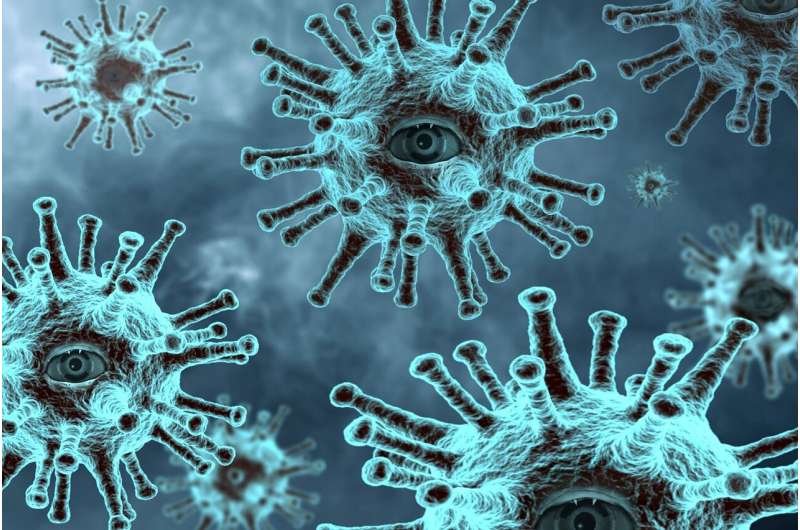
German firm BioNTech said Tuesday it was on track to manufacture 2.5 billion doses of its COVID-19 vaccine this year with US partner Pfizer, 25 percent more than expected.
The company said the boost would allow it to “address increased demand” as countries around the world race to contain new, more contagious virus variants.
The higher output was driven by the recent launch of a new production site in the German city of Marburg, which is now one of the world’s largest mRNA vaccine manufacturing plants, it said.
The plant will eventually produce up to one billion COVID jabs a year, once fully operational.
The first batches from Marburg will be delivered in the second half of April, the statement said. Over the first half of 2021 alone, BioNTech expects it to churn out 250 million doses.
The vaccine is also being produced at a Pfizer plant in Belgium and at three sites in the United States.
BioNTech said improved efficiency and new cooperation agreements with outside partners had also helped lift its vaccine target, as had the regulatory nod allowing vaccinators to extract six instead of just five doses from a single BioNTech/Pfizer vial.
The BioNTech/Pfizer shot is based on novel mRNA technology and was the first COVID-19 vaccine to be approved in the West late last year.
BioNTech said it had delivered more than 200 million doses to “more than 65 countries and regions” by March 23. Two doses are required for optimal protection.
Recent studies have shown that the jab is not only highly effective in protecting against COVID, it also provides protection against transmission of the virus.
“We are already seeing the first signs of vaccine associated reduction of COVID-19 cases and mortality in multiple countries,” said BioNTech CEO and co-founder Ugur Sahin.
“We will continue to focus on innovating in the COVID-19 field by advancing new formulations and addressing vaccine variants,” he added.
The company’s vaccine has also been buoyed by a green light from the European Medicines Agency last week allowing BioNTech/Pfizer vials to be kept at normal freezer temperatures for short periods, simplifying the jab’s complex cold chain logistics.
Source: Read Full Article
